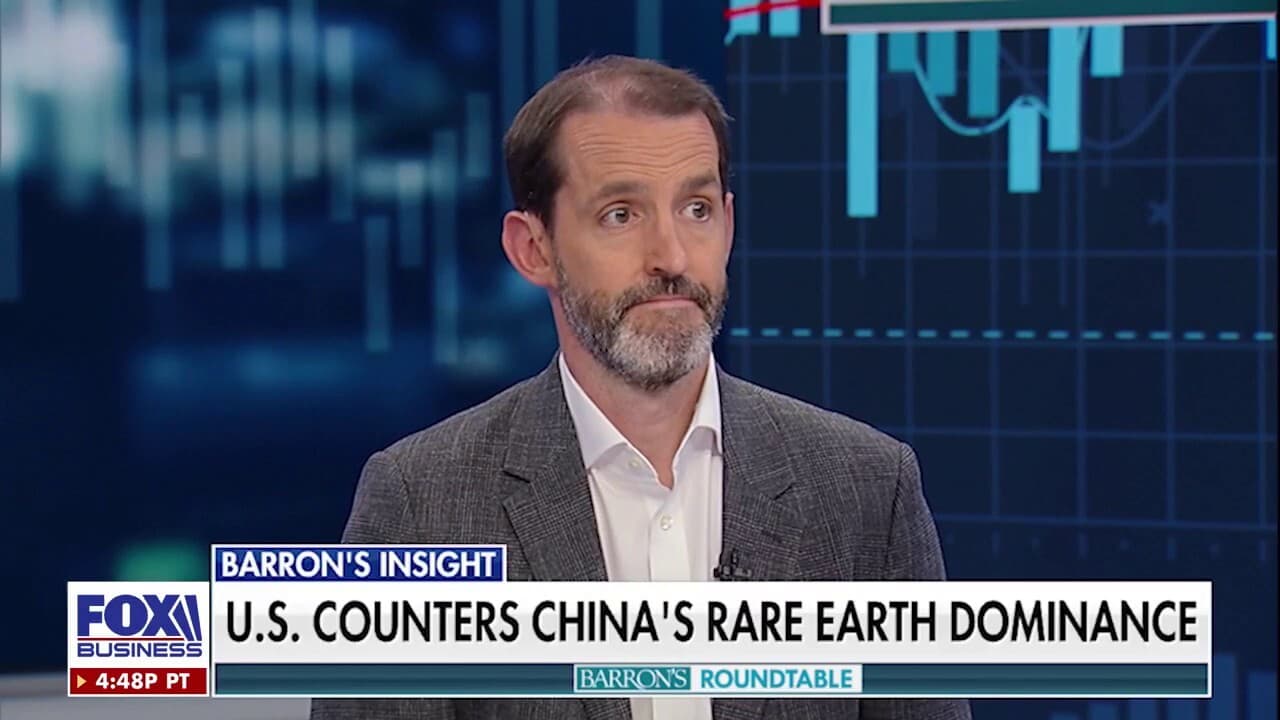Trump threatens 'massive' tariff increase on China amid dispute over rare earth minerals

News Summary
US President Donald Trump has once again threatened a 'massive' increase in tariffs on China, with the current dispute centering on rare earth minerals. The Trump administration accuses the Chinese government of holding a monopoly position in the rare earth market and leveraging its dominance to exert pressure on the United States. This threat emerges amidst escalating tensions between the two nations over control of critical mineral supply chains and could signal a further deterioration in their trade relations.
Background
The United States and China have been engaged in a prolonged trade conflict since 2018, characterized by reciprocal tariffs. President Trump, during his initial term, imposed extensive tariffs on Chinese goods, making it a cornerstone of his "America First" economic agenda. Rare earth minerals are strategically critical due to their applications across numerous key industries, including defense, high-tech, electric vehicles, and renewable energy. China has historically dominated global rare earth production and processing, granting it a unique advantage and potential leverage in global supply chains. The U.S. and its allies have been working to reduce their reliance on Chinese rare earths, though not yet entirely successfully.
In-Depth AI Insights
What are the true strategic motivations behind Trump's tariff threat? While ostensibly a response to the rare earth minerals dispute, Trump's threat of massive tariff increases likely harbors more complex, multi-faceted strategic objectives: - Supply Chain Reshaping and Domestic Industry Support: Rare earths are foundational to critical technologies and defense industries. The Trump administration may be using tariff pressure to accelerate the "de-risking" of U.S. and allied supply chains, reducing reliance on Chinese rare earths, and simultaneously incentivizing the resurgence of domestic rare earth mining and processing capabilities in the U.S. - Long-term Pressure Tactic on China: This may not be an isolated action but rather part of a broader, sustained strategy by the Trump administration to exert continuous pressure on China across various dimensions of trade and technological competition. The strategic importance of rare earths makes them a potent bargaining chip. - Domestic Political Considerations: Having been re-elected in 2024, Trump continues to pursue his signature tough stance on China, which helps consolidate his political base domestically, particularly among workers in manufacturing and resource-intensive industries. How might China respond to these tariff threats, and what are the implications for global supply chains? Given China's strong control over the rare earth sector, its response will shape global critical materials supply chains: - Retaliatory Measures: China could retaliate by restricting rare earth exports or imposing reciprocal tariffs on U.S. goods. Historical precedent suggests China is inclined to take equivalent or asymmetric countermeasures in trade disputes. - Accelerated Supply Chain Diversification: Regardless of China's response, Trump's threat will further compel global corporations and nations to accelerate the diversification of rare earth and other critical mineral supply chains, seeking alternative sources outside China and investing in exploration and processing capabilities within Western countries. This could lead to short-term supply instability and increased costs. - Technological Barriers and Industrial Upgrading: China may also further invest in advanced processing and high-end application technologies for rare earths, solidifying its upstream value chain advantage, and potentially coupling rare earth technology with export controls as a future tool for confrontation. Which sectors and asset classes should investors be monitoring? Amid escalating U.S.-China rare earth and tariff disputes, investors should closely monitor the following areas: - Rare Earth Mining and Processing Companies: Miners and processors outside China are poised to benefit from Western nations' de-risking demands, potentially seeing a re-rating of their valuations. - Defense and High-Tech Industries: U.S. defense contractors and high-tech manufacturers heavily reliant on rare earths will be key to watch for effective supply chain diversification; those failing to diversify face risks. Companies developing alternative materials are also noteworthy. - Commodities: Rare earth prices could experience increased volatility due to supply uncertainties. Furthermore, a broader escalation of the trade war could impact demand and prices for other commodities. - Emerging Market Resource Nations: Countries like Australia and Canada with rare earth reserves may see increased investment and development opportunities for their relevant mining companies.